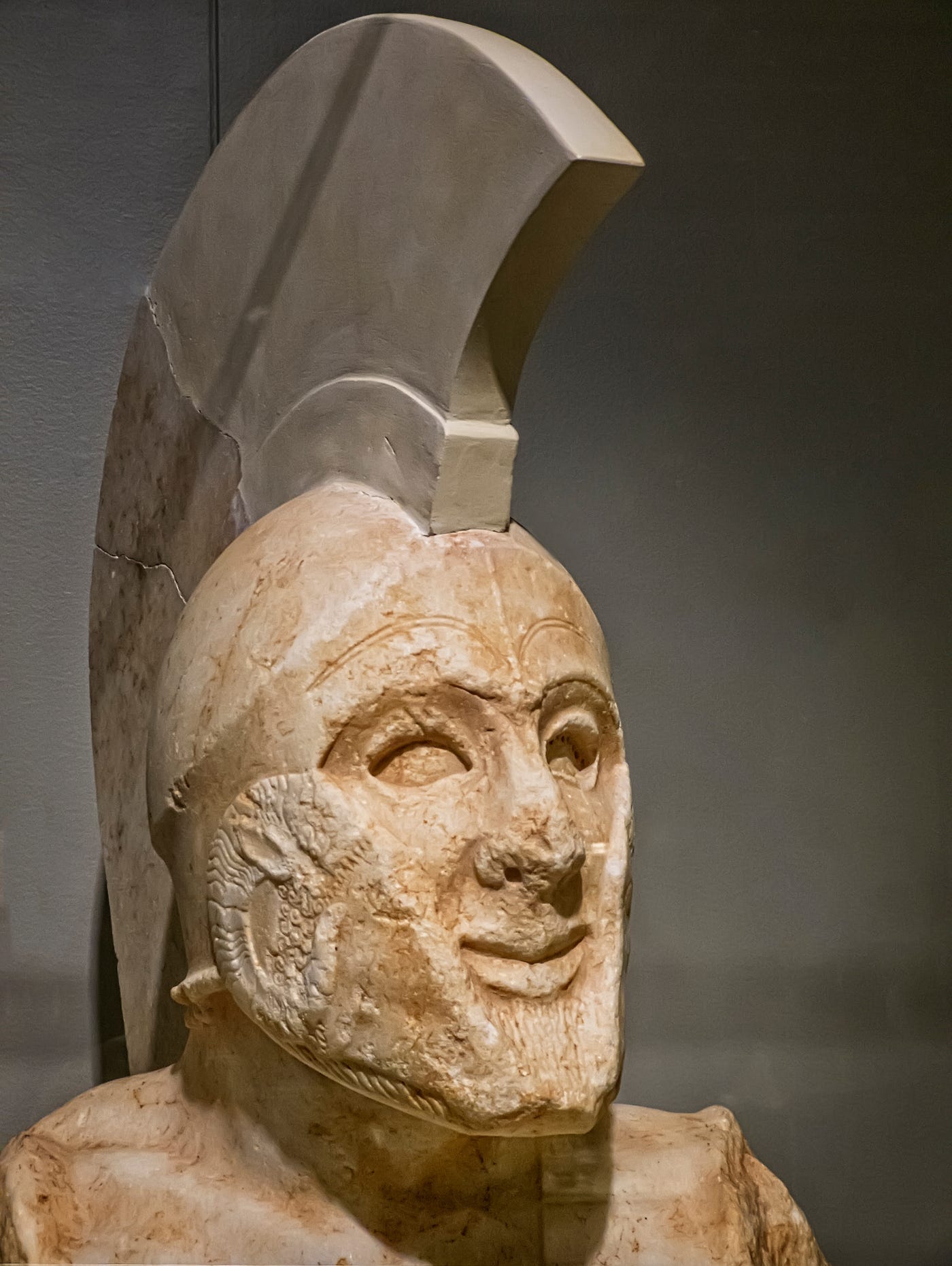Seeing Through the Spartan Mirage
Why does this ancient society capture the modern imagination?
Thanks for reading! To support my work, please click the button below:
If you want to help keep this project going, please consider purchasing a paid subscription. Paid subscribers — it’s only about 75 cents a week! — get access to the archives, the satisfaction of supporting work they enjoy, and my undying gratitude.

Keep reading with a 7-day free trial
Subscribe to Looking Through the Past to keep reading this post and get 7 days of free access to the full post archives.



